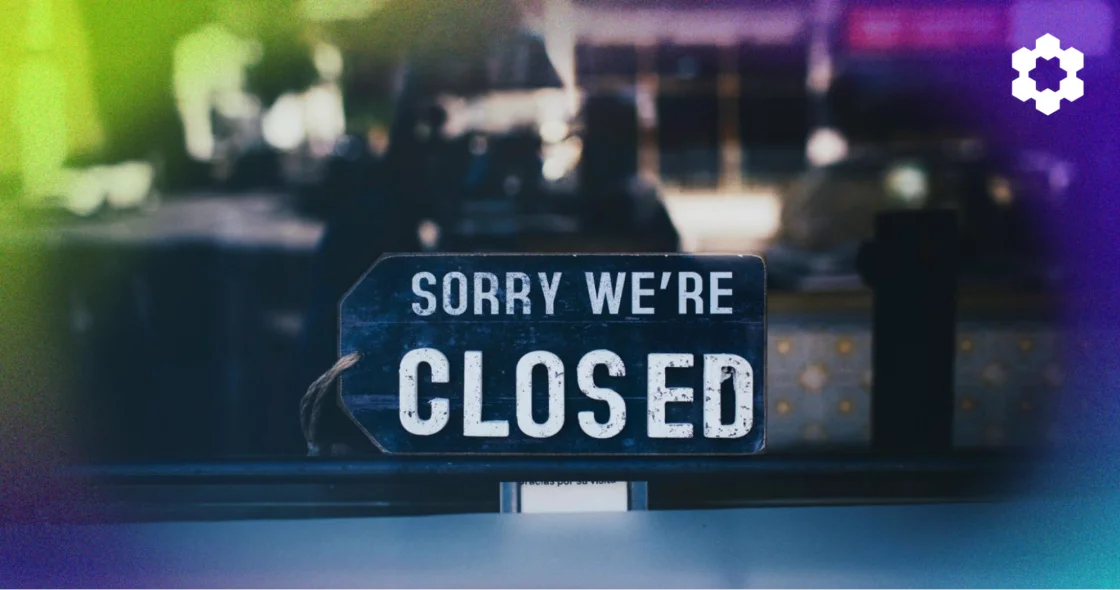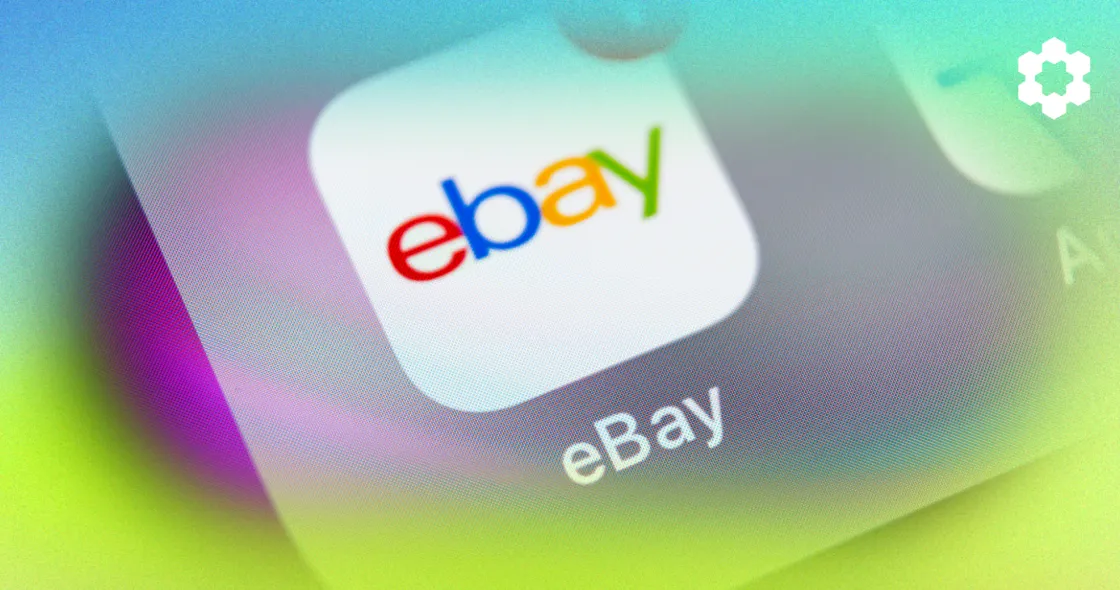By now, everyone is aware that the US House of Representatives has passed a bill, dubbed Protecting Americans from Foreign Adversary Controlled Applications Act, that would force the sale of TikTok by current owners, ByteDance, to a non-Chinese entity if it becomes law.
This potentially divisive decision has roots in national security concerns and data privacy, but this drastic change in TikTok’s operations could affect more than just the millions of American users who log on every day.
TikTok Shop is a relatively new ecommerce marketplace, still smoothing out road bumps and trying to gain a significant foothold in the industry. With this potential forced sale, thoughts are turning to turn to what would happen to this fledgling marketplace and the sellers who use it.
The bill laid out
Before we dive into what the ramifications of the Protecting Americans from Foreign Adversary Controlled Applications Act could be, let’s first unpack the details.
The bill states that TikTok would need to be sold by ByteDance within 165 days of being signed into law, or risk being barred from app stores and web hosting services in the United States. (source)
It won approval in the House by a huge margin, but its future in the Senate is not clear. Many lawmakers have expressed concerns over meddling in business affairs, especially ones that could put limits on free speech.
TikTok would only need to be sold if the bill becomes law, so there is still a chance it won’t happen. Furthermore, the bill also gives the company 165 days after it is signed to file a legal challenge, meaning that even if it does become law, it still might not be the end of TikTok’s presence in the US. The government in Beijing has already said it would oppose the forced sale, making this issue an even more contentious political problem. (source)
What the bill means for TikTok
No business wants to be forced into a sale, let alone selling a massive asset such as a popular social media platform. TikTok’s US segment alone, with its 170 million users, has been valued at $100 billion, according to Wedbush analyst Dan Ives. (source)
However, this high valuation could cause problems if ByteDance is forced to sell TikTok. Speculation is already spreading about who could afford to buy it, including former US Treasury Secretary, Steven Mnuchin, and former Activision CEO, Bobby Kotick, both of whom are looking to assemble investor groups in order to potentially make offers.
Even if a buyer were to be found who could afford it, the sale wouldn’t be as simple as other international deals. China’s Commerce Ministry has previously said that since it would involve exporting technology, it would require approval by the Chinese Government. Since it’s unlikely that China would be happy about the loss of such valuable technology from their purview, this process is likely to have problems of its own.
While it’s easy to think of the implications of this bill only in light of how they will affect ByteDance as a whole, the TikTok users and sellers on TikTok Shop are a large group of individuals who could be affected.
What the bill means for TikTok users
Since there would be no ramifications for using a banned app, most average users would likely just move on to whichever new app would fill that social media gap, such as the TikTok clones that Facebook and Snapchat developed. (source)
The loss of TikTok Shop for the average user is also unlikely to be significant since it hasn’t gained such dependence as Amazon, eBay, or even Temu, another newcomer.
One large group of TikTok users that would be affected are influencers and content creators who’s entire careers depend on TikTok. The sudden loss of income can be devastating to any individual, but the loss of their entire platform and even potential for income could be catastrophic.
Many influencers also work with Amazon and marketplace sellers as part of advertising strategies. Without TikTok, sellers, both those who use TikTok Shop or those that just have relationships with influencers, will lose a huge audience.

What the bill means for TikTok Shop
TikTok Shop is currently operating as business as usual, with new updates launched within the last few weeks. They are continuing with their “drive commerce everywhere” mission with extended Shop Ads, global Video Shopping Ads, a simplified onboarding process, and new creative formats for sellers catalogs. (source)
These new features prove that TikTok Shop is not slowing down its plans to take market share. If anything, the increased discussion around TikTok could be a boost to download numbers and interest in what TikTok has to offer.
Learn more about TikTok Shop for sellers in this recent blog, Navigating TikTok’s Ecommerce Wave: Opportunities and Challenges for Amazon Sellers.
What the bill means for TikTok sellers
The sudden loss of a major marketplace could be significant for any seller, but TikTok Shop is not a major marketplace. It is still in the early phases of adoption by established sellers, but is working hard to win the trust of sellers and consumers alike.
TikTok Shop was present at Prosper Show 2024, a sign that they are still building their presence in the ecommerce space. However, many attendees were concerned about whether it would be over before it gets a chance to take hold.
Established and experienced sellers know the risks of relying on just one new and shiny innovation, so it’s hard to imagine they will be affected by losing TikTok Shop. Such sellers would be likely to sell in at least one other reliable marketplace such as Amazon, Walmart, or eBay.
This means that it would most likely be the newer or smaller sellers who only use TikTok Shop that would be hardest hit. The next few months would be the ideal time to explore other marketplaces and potential solutions.
Both types of sellers will need to conduct a risk assessment of their TikTok Shop business. Some of the questions to ask would be:
- If I lose TikTok Shop in 6 months, what would my losses be if I make no changes?
- What changes can I make now to avoid those losses?
- Do I want to increase my TikTok Shop sales as much as possible in the short-term?
- What can I do to become risk-tolerant in all marketplaces?
Aside from losing revenue from listings on TikTok Shop, sellers could also face lost income gained from influencers and ads on TikTok. Products frequently go “TikTok Viral”, and the effect that losing the TikTok influence on consumers could have on revenue cannot be understated.
Maximize ads on TikTok with deep links, Amazon Attribution, and retargeting from PixelMe.

Bad for TikTok, Good for Everyone Else?
If the bill passes, and TikTok banned, this could be a major benefit to other marketplaces and social media platforms. TikTok users will need a new entertainment platform to fill the void, and it would result in one less marketplace to compete with Amazon, Temu, and Meta ecommerce.
However, many social media executives, and even regular citizens, might feel uneasy with the precedence this bill could set, especially in light of concerns about the bill targeting avenues of free speech.
Next Steps
Since the bill is still making its way through the legal process – currently it has passed step one of three – there is no immediate cause for alarm for sellers on TikTok Shop.
Now is the time to start preparing action plans for all eventualities. The three potential outcomes are:
- The bill fails – continue with business as usual
- The bill passes – TikTok is sold to a US-based company. Changes to TikTok Shop would be impossible to predict at this point, but inevitable based on who buys it.
- The bill passes – TikTok is unable to sell before the 165 days, its legal claim is denied, and it is banned in the US and TikTok Shop is shuttered.
Preparing a contingency plan for all three scenarios, diversifying marketplace presence, and staying on top of any legal developments is crucial for any seller on TikTok in the next few months. The future of TikTok is out of the hands of the many, and now rests with the elected few.








